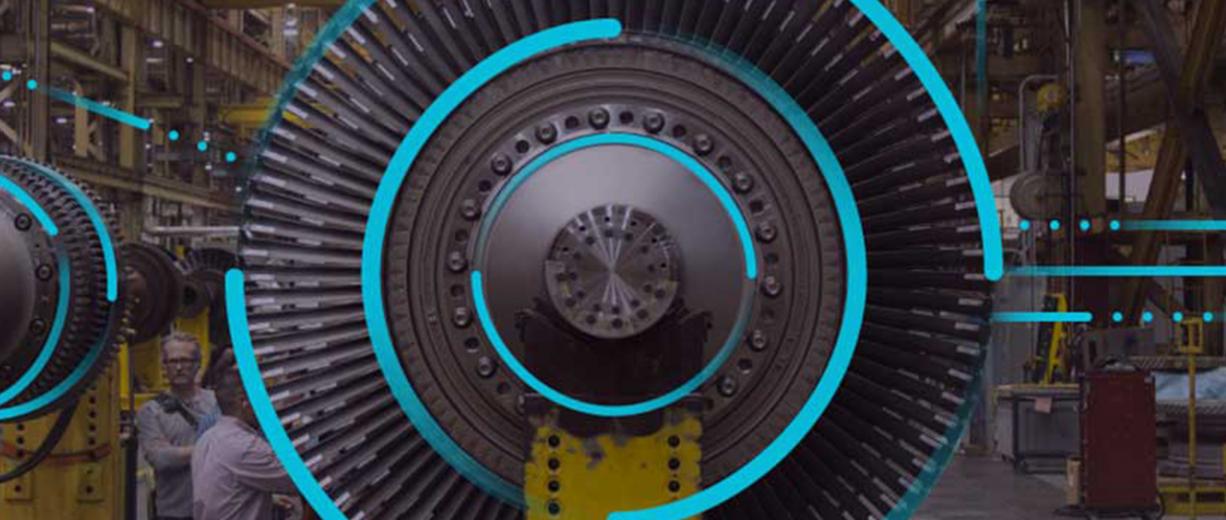By Vincent Champain, GE Digital
For years industrial companies have been looking for opportunities to enhance the operational efficiency of their assets and processes.
Unsurprisingly, new technologies and agile working have opened a new world of possibilities to the manufacturing sector.
In recent years, new technologies, such as big data and artificial intelligence, have considerably impacted the way industrial companies operate, leading to an increasing number of players in the industry embracing the trend of digitalization.
It now goes without saying that the impact of new technologies on the day to day operations of industrial companies is huge.
Cloud computing, for example, can dramatically reduce the roll-out cost of enterprise applications and make them available remotely on multiple devices, allowing more efficient use of resources and driving business agility.
Meanwhile, the use of a digital industrial platform simplifies and accelerates the development of industrial apps by providing a set of ready-to-use software components (or micro-services).
Think of it like a “software Lego bricks” – using them helps to build applications quicker by reusing codes and focusing only on the overall architecture of the applications, and on creating only the bricks that do not exist already.
Similarly, agile methodology can help lower the time and costs of industrial app development by using iterative and functionality-centric methods.
In fact, by combining digital industrial platforms and agile methodology, not only can industrial apps be developed by smaller teams, but it also means that it now only takes as little as a few weeks to for an app to be developed.
Ultimately, by lowering the development and deployment costs of industrial apps, digital platforms and agile methodology provide lucrative performance improvements, which was not possible with higher development costs.
The business case for using Cloud computing in conjunction to data science and AI for manufacturing
Whilst data science and artificial intelligence are not new technologies, Cloud computing makes them much more powerful by providing companies access to substantial processing power capacities.
By using the Cloud, companies can collect and process large volumes of data very easily, meaning they can now use gigantic amounts of computing power when needed.
However, one of the most impressive developments resulting from the use of cloud computing, and arguably one of the most ground-breaking ones, remains predictive analysis.
In fact, industrial companies can now use artificial intelligence tools, so that a computer program identifies patterns or predicts potential malfunctions (failure, overheating and so on).
These tools are mostly used in highly complex domains where traditional models do not work, like image recognition (identifying a crack in a pipeline or a tumour on medical imaging), text analyses (identifying the origins of an issue described in a maintenance report), or even speech or writing recognition.
Sometimes a good understanding of physical laws and machine modelling is more efficient than relying on a neural network “guessing” fundamental laws of physics.
However, those technologies do not always need to be used simultaneously. Some issues, for instance, will be solved using up substantial computing power, but only a limited data set that will be able to operate without the “big data” technologies.
Like the blades of a Swiss army knife, you will need each of them across the digital journey, even if only some of them may be used on a case by case basis.
But beware of those who want you to believe that a single-blade knife – for example artificial intelligence – can replace all of them.

About the author: Vincent Champain is the general manager of GE Digital’s European Foundry. GE Digital Industrial Foundries incubate industrial internet startup companies and collaborate with customers on new IIoT application development.

